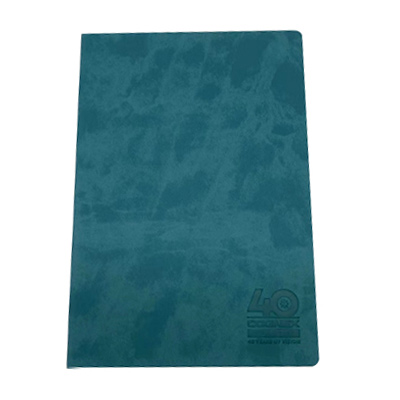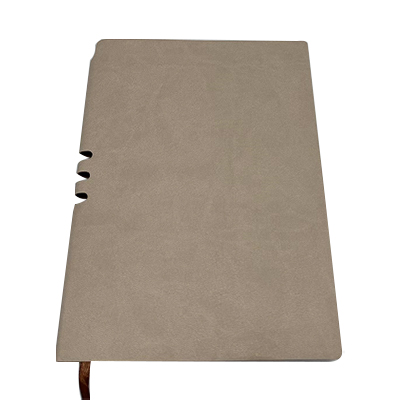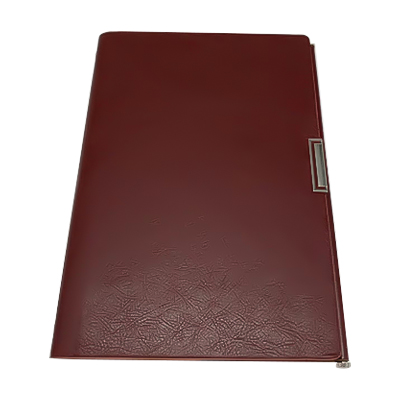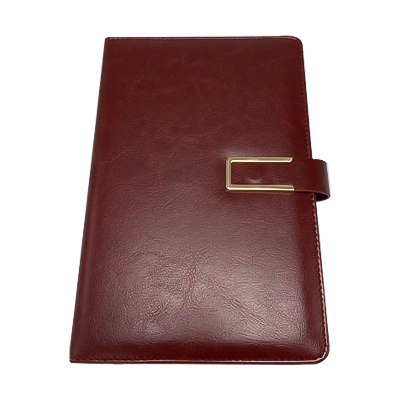The primary way that paper tableware improves sustainability is through its biodegradable nature. Traditional plastic plates, cups, and utensils can take hundreds of years to break down in landfills, creating long-term environmental harm. In contrast, paper tableware decomposes much more quickly, reducing the time it takes to break down and minimizing its environmental footprint. This is a crucial benefit for events and parties, where disposable tableware is often used in large quantities. By opting for paper, hosts can significantly reduce the amount of non-degradable waste that ends up in landfills after the event, contributing to a more sustainable waste management system.
In addition to being biodegradable, many modern paper tableware products are made from recycled materials. The use of recycled paper significantly reduces the need for virgin resources and conserves natural materials like wood and water. This is an important aspect of sustainable production, as it lessens the environmental impact of manufacturing new materials. By choosing paper tableware made from recycled content, event planners and hosts can make a meaningful contribution to reducing the demand for raw materials and cutting down on energy consumption during the production process. Many manufacturers now adhere to environmental standards, such as the Forest Stewardship Council (FSC) certification, which ensures that the paper used in the tableware comes from responsibly managed forests. This certification guarantees that the paper is sourced in a way that protects biodiversity, minimizes carbon emissions, and preserves ecosystems. Choosing FSC-certified paper tableware promotes responsible forestry practices, which are essential for maintaining the health of the planet.
Another crucial sustainability benefit of paper tableware is that it is often compostable. Compostable paper products break down into organic matter when placed in a composting environment, enriching the soil and returning nutrients to the earth. This is a significant advantage over plastic products, which are not biodegradable and can take centuries to decompose, leaving harmful pollutants behind. For events that focus on reducing waste, choosing compostable paper tableware allows organizers to encourage guests to dispose of their items in a way that contributes positively to the environment. Proper composting can transform what would otherwise be landfill waste into valuable, nutrient-rich compost that can be used in gardening and agriculture, further benefiting the planet.
In addition to its environmental benefits, paper tableware offers logistical advantages that support sustainability. For example, paper products are often lighter and more compact than plastic alternatives, which makes transportation and storage more efficient. The reduced weight of paper tableware can lower the carbon footprint associated with shipping and handling, as less energy is required to transport the items. Many paper tableware products are designed to stack easily, which further optimizes space during shipping and storage. This means fewer vehicles are needed to transport the same amount of tableware, reducing carbon emissions during the transportation phase of the product lifecycle.
Beyond functionality and environmental impact, paper tableware can also enhance the overall aesthetic of an event while remaining eco-conscious. With the growing demand for sustainable products, paper tableware now comes in a wide variety of stylish designs, colors, and patterns. Whether the event is a formal wedding, a casual birthday party, or a corporate gathering, paper tableware can match the theme and decor of the occasion. Guests can enjoy beautifully presented food and drink, while the hosts can feel good knowing that their tableware choice aligns with their environmental values. The ability to choose from a wide selection of attractive paper products ensures that eco-consciousness doesn't come at the expense of style or sophistication.

 English
English Deutsch
Deutsch Français
Français Español
Español русский
русский عربى
عربى





